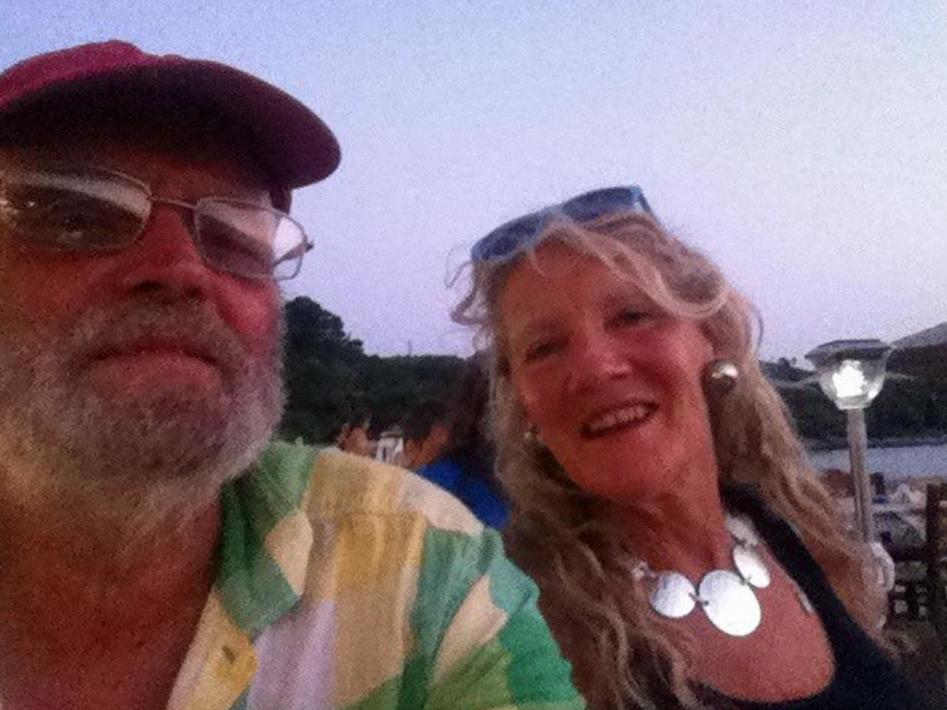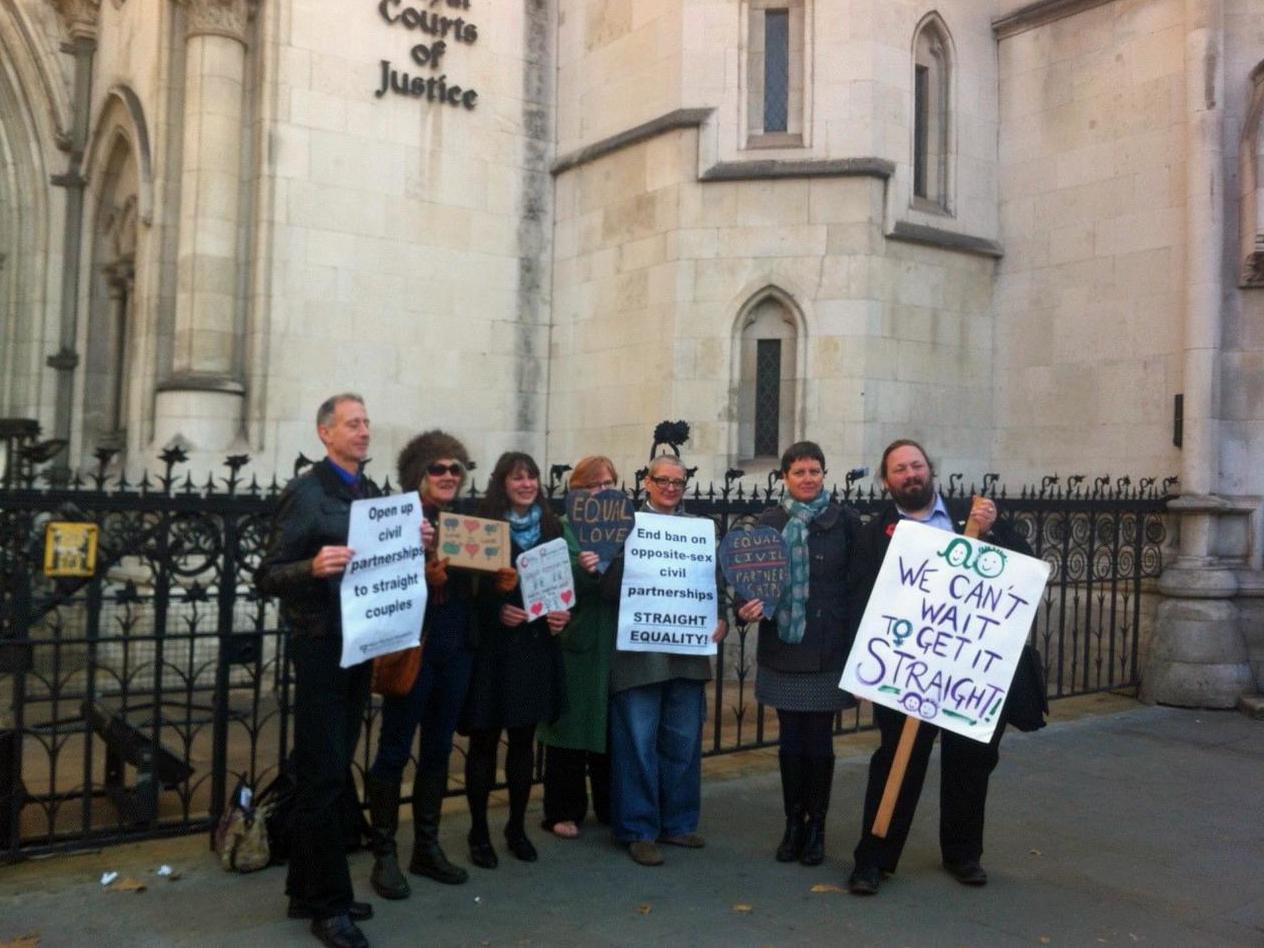Mixed-sex couple who have been together for 43 years among first to marry in civil ceremony on New Year’s Eve
Ann Chamings and John Eccles describe institution of marriage as 'antiquated'
A mixed-sex couple from East Sussex is set to become one of the first in the UK to marry in a civil ceremony.
Starting from New Year’s Eve 2019, mixed-sex couples will be able to register civil partnerships in England and Wales following the approval of a second legislation in the House of Lords.
Previously civil partnerships, which were first introduced in 2004 by the Labour Government, applied only to same-sex couples over the age of 16.
Same-sex marriage was not yet legal in the UK, which came into effect in 2013.
Ann Chamings and John Eccles, who have been in a relationship for 43 years, will be one of the first mixed-sex couples to tie the knot with a civil partnership held on 31 December.
The ceremony is set to take place at the Grade II listed Hastings Town Hall and will be witnessed by the couple’s two children.
Explaining their decision to have a civil partnership, Chamings said: “The institution of marriage, with its antiquated connotations involving chattels and property, has never appealed to us.
“We wanted a simple contract. We are already business partners and we wanted to be life-partners as well.”
The East Sussex pair were heavily involved in pushing for a change in the law regarding civil partnerships, which was spearheaded by couple Rebecca Steinfeld and Charles Keidan.
“We signed their petitions, donated money to the cause and demonstrated with them outside the Royal Courts of Justice in London,” Chamings explained.
“We will be forever grateful to Charles and Rebecca for their perseverance.”
Steve Quayle, East Sussex County Council team manager for registration, said the introduction of civil partnerships for mixed-sex couples means that many people can now celebrate their relationship and benefit from legal rights without a marriage ceremony.
“There are many couples who want to show their commitment to a relationship, but don’t feel marriage is right for them,” Quayle said.
“For some, this change in the law has been a long time coming and we want to make sure they can mark this milestone by entering into a civil partnership as soon as possible, which is why our registrars will be available from midnight on December 31.

While those in a civil partnership benefit from the same rights as married couples in terms of tax benefits, pensions and inheritance, there are no religious connotations attached, making them a desirable option for those who want to legally recognise their relationship but don’t align themselves with a particular religion.
Similarly, the ceremony itself does not involve an exchanging of vows or the singing of hymns as a conventional wedding might.
Many couples who have a non-religious marriage ceremony can also choose to forgo vows, while many decide to write their own.

Instead, the union is simply valid after both parties sign the civil partnership document.
The terminology used for a civil partnership is also different. Unlike marriage, after which partners would typically refer to one another as “husband” and “wife”, couples in a civil partnership would refer to each other as “civil partners”.
Join our commenting forum
Join thought-provoking conversations, follow other Independent readers and see their replies
Comments
Bookmark popover
Removed from bookmarks